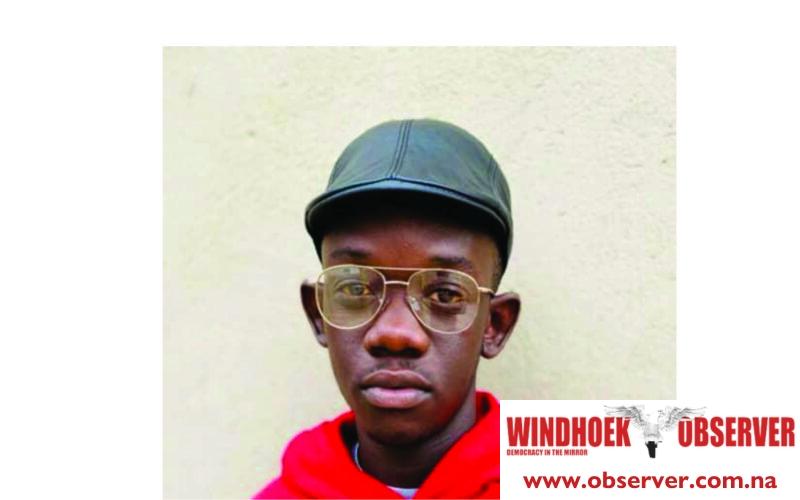Onesmus Shekuza Iyambo
On my way home from the AR headquarters after a long, tiring but productive meeting with our regional leadership as we were discussing about different strategies and tactics we will deploy in preparation for the upcoming regional and local authority elections, I stopped by Otjomuise shopping centre to buy newspapers. As I was perusing The Namibian Newspaper on Friday, 27 July 2025, I came across an article by Jonathan Kariseb, scandalously titled “On Job Amupanda, Elites and the Burden of Responsibility: A Personal Reflection”.
In one of his famous essays, ‘The Responsibility of Intellectuals’, Noam Chomsky tells us that ‘it is the responsibility of intellectuals to speak the truth and expose lies’. Antonio Gramsci, a distinguished Marxist philosopher, warned us about traditional intellectuals and how they sway society into believing something that is not factual. Listen to him: ‘Traditional intellectuals believe they are autonomous and neutral, above class interest. They often reproduce and legitimise existing power structures (e.g., capitalism, elitism) even if they claim to be independent thinkers’’.
In contrast, Gramsci promoted and celebrated the organic intellectuals, who he describes as rooted in the day-to-day life of a particular social group, often the working class, and shaping society through activism, education and cultural work.
As a young activist but also as a student from a poor background, at one point I went to see Professor Job Amupanda to engage him and seek organic guidance on how I should navigate the tough journey of being an activist at the same time as a student. After a long, enriching engagement, he warned and advised that it will always be tough being an activist and a student, but one must adopt what he calls ‘management by objectives’ in order to manoeuvre around the never-ending challenges so that we improve not only ourselves personally but also the unpleasant circumstances of our backgrounds.
I narrate this short experience to cement the point that Professor Job Amupanda has been and continues to be a resilient voice of the dejected masses of our people. His scholastic achievements, which he did not achieve through political favours or corruption but through discipline and hard work, did not strip him of his boldness to speak out against corruption and injustice being perpetuated against the dejected masses, unlike traditional intellectuals like Jonathan Kariseb.
The classification of Professor Amupanda as an “elite” is nothing but analytical laziness. Should we then believe and conclude that academic qualifications and employment are supposed to make us oblivious to the hardships that our society is facing? This surely can only be the thinking of traditional intellectuals like Jonathan Kariseb. If anything, our academic achievements offer us platforms and mechanisms to challenge the imbalance of our societies. Society should start demanding for public intellectuals, particularly traditional intellectuals, to offer organic inputs, analysis and solutions to fundamental problems facing society and not intellectuals that weaponise academic achievements of activists in an effort to stifle their voices.
*Onesmus Shekuza Iyambo is a scholar and he serves in the communication department of the Affirmative Repositioning Movement (AR). The views expressed herein are entirely his. Onesmusiyambo7@gmail.com




